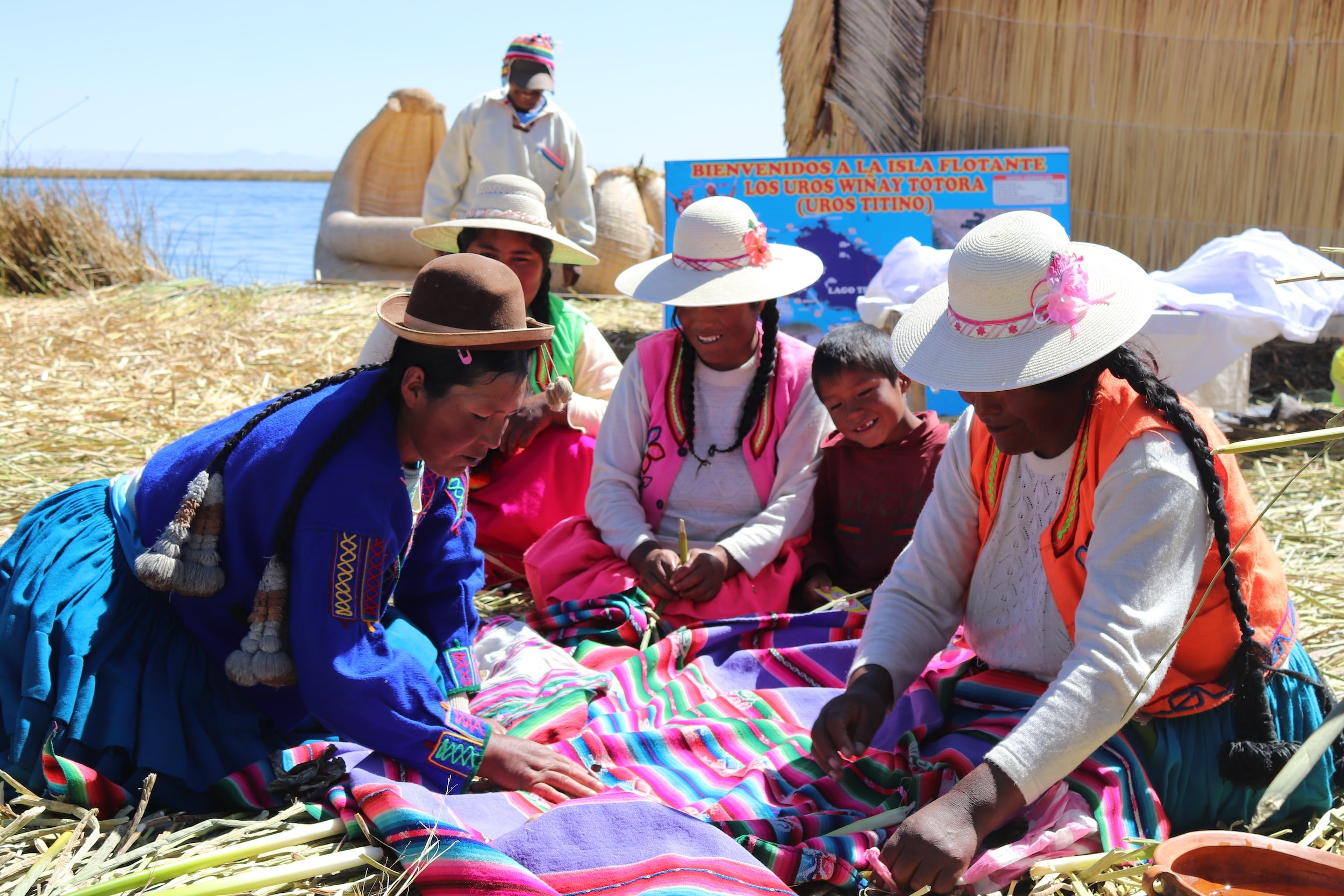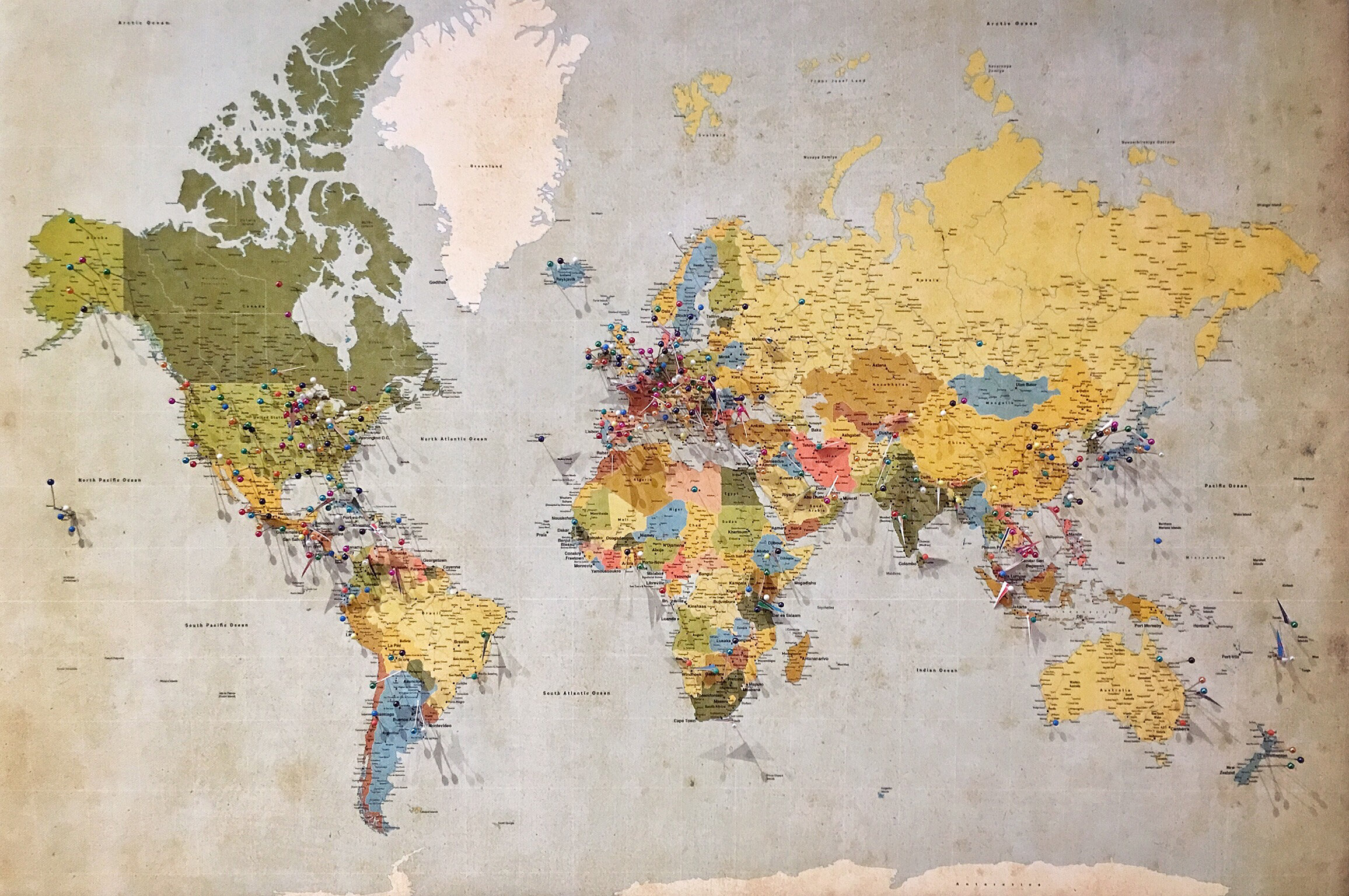Ethics and Your Literature Review
by Dr. Helen Kara, author of Qualitative Research for Quantitative Researchers and
Research ethics in the real world: Euro-Western and Indigenous perspectives.
An earlier version of this article was originally published in ‘Research Matters’, the quarterly newsletter for members of the UK and Ireland Social Research Association (SRA). The SRA now has a blog with topical peer-reviewed articles by and for researchers. They are also interested in contributions from readers so, if you fancy writing a guest post, you could give them a try. They even have a ‘secret researcher’ option for posting anonymously if you have something really controversial to say.

How do researchers address ethics in a literature review?
Researchers often use existing literature to set their research in context. ‘Literature’ is the academic term, referring to peer-reviewed scholarly work such as journal articles. Practice-based researchers may also contextualise their research, though more often with policy and project documents, in part because they are openly available. However, these distinctions are not so hard-and-fast these days. Academics increasingly recognise the value of ‘grey literature’, as they call relevant information that has not been through the peer review process. Practice-based researchers can read more and more academic literature, with the growth of open access, and through schemes such as the SRA’s member benefit of access to around 6,000 social science journals through EBSCO. Also, the definition of ‘literature’ has grown to include written phenomena and artefacts such as ephemera (leaflets, zines, etc), creative writing (novels, poems, and so on), and online writings such as blog posts and tweets.
When I ask people about the ethical issues of working with literature, they tend to look blank. So here are some pointers. First, define what you are using as literature, or background documents, and explain why you have chosen those types of material. This is important now that there is such a range of available literature: as with all decisions about research, you should be making well-informed choices for good reasons. Then make sure you know how well you can search that body of literature. For example, if you are searching online – as many people do these days – you need to understand the scope and limitations of the electronic tools you use. Google Scholar is many people’s go-to website for academic literature, but it doesn’t index everything, and its search function is far from neutral. The Directory of Open Access Journals indexes work from developing countries that does not find its way into Google Scholar. Even more work from developing countries can be found through the Journals Online project run by international research development charity INASP, which currently covers work from Africa, Latin America, the Philippines, Vietnam, Bangladesh, Mongolia, Nepal and Sri Lanka. Even if your work focuses on a single country or locality, you may find relevant literature from far afield. You are not obliged to search everything; you simply need a clear rationale for your search.
Record your literature search strategy.
You should record your search strategy – where you searched, terms you used to search on, dates of searches – so your readers can assess the effectiveness of your approach. Sadly, these days you will also need to check whether material you plan to cite is bona fide, as directories and repositories may still index and hold literature that has been retracted, or is a spoof that may not be instantly recognisable as such. This means researchers need to be on their guard, and make use of services such as Retraction Watch where possible.
Many search strategies will yield far more literature than any researcher, or team, can read. There are ethical dimensions to choosing what to focus on. Bias can creep in here: it is important to read literature representing a good spread of views and opinions, not only those you agree with. Then, when you have chosen what to read, it is ethically necessary to read that work carefully. Take the time to understand the arguments being presented and what they are based on. If you skim-read or cherry-pick, you risk misunderstanding the author’s argument, because you won’t understand their reasoning. Also, superficial reading doesn’t enable you to assess the quality of someone else’s work, so you won’t know how much weight to give it within your own research.
Cite sources correctly.
Then of course you need to cite others’ work correctly and not plagiarise or self-plagiarise. Having said that, self-plagiarism isn’t so much of a problem if you plan to self-publish, whether as an online pdf, e-book, or zine. However, if you plan to publish formally, self-plagiarism is unethical as publishers expect to publish original material.
Taking this kind of an ethical approach to working with literature shows respect to authors of the work on which our own work is based. Also, this approach helps to avoid the replication of errors, which in turn helps to raise standards in research.
More Sage Research Methods Community posts by Dr. Helen Kara
Watch the recent, thought-provoking webinar focusing on the integration of generative AI tools within academic settings. The engaging guest speakers, Dr Leo Lo and Dr Tom Chatfield, delved into the significance of AI literacy for researchers, educators and students, as well as discussing best practices and ethical considerations.
Responsible Conduct of Research program from Epigeum offers vital training for maintaining integrity at every stage of the research lifecycle. In this blog, Professor Nicholas Steneck shares his experience of updating the course to reflect the evolving US research landscape.
Dr. Stommel brings clarity to the messy world of data collection on social media.
The wealth of material available online is irresistible to social researchers who are trying to understand contemporary experiences, perspectives, and events. The ethical collection and -use of such material is anything but straightforward. Find open-access articles that explore different approaches.
How to protect data when recording interviews on videoconference platforms.
The public is exposed to news stories about bad academic research behavior online. How can we counter this narrative and build credibility?
Julianne Cheek and Elise Øby, co-authors of the book Research Design: Why Thinking About Design Matters, discuss how to make decisions about what qualitative, quantitative, or mixed methods data to collect and how to do so. This post is the third of a three-part series of posts that feature ten author interviews.
Julianne Cheek and Elise Øby, co-authors of the book Research Design: Why Thinking About Design Matters, discuss how to make decisions about methodology in this collection of video interviews. This post is the second of a three-part series of posts that feature ten author interviews.
We need to think about research before we design and conduct it.
Julianne Cheek and Elise Øby, co-authors of the book Research Design: Why Thinking About Design Matters, discuss the first three chapters in these video interviews:
Chapter 1 – Research Design: What You Need to Think About and Why
Chapter 2 – Ethical Issues in Research Design
Chapter 3 – Developing Your Research Questions
Caroline Lenette offered a keynote address at the International Creative Research Methods conference, September 2023. See the address and learn about the 2024 conference here.
Some of us feel that technology is everywhere, but that is not the case for everyone. Inequalities persist. What do these disparities mean for researchers?
Dr. Helen Kara offers tips for the process of coding qualitative data.
Dr. Helen Kara and Dr. Janet Salmons discuss their experiences and strategies for planning and writing a new book edition.
Ethical decisions are present throughout the process of academic writing and publishing. This collection of open-access articles offers insights about some of the issues writers face.
Learn more about the peer review processes and ideas from the field about how to improve it. Find a variety of perspectives in this collection of open-access articles.
SAGE MethodSpace partnered with Prepared to Zoom into the meeting and hear selected delegates provide statements on the difficulties of research during global crises and suggestions on how stakeholders can work together better in the future. View the recording!
SAGE Publishing offered a free webinar during Banned Books Week. View the recording here.
Many Methodspace researchers conduct independent research, or are in situations where they do not have access to an Institutional Review Board or other ethics review options. Working with a private agency is an option, as described in this guest post.
Explore researchers' roles and practices for developing trust in this collection of open access articles.
This post offers research examples in open-access articles about ethical, respectful, research with Indigenous people and communities.
In this 2018 interview Dr. Benson Honig discusses ethical research conduct.
This collection of open-access articles offers multiple perspectives on the use of Big Data and ethical protocols for computational research methods.
Sometimes we cross borders as well as cultures, other times we find very different cultures in our own neighborhoods. Ethical issues carry more weight when languages, norms, and expectations are grounded in cultural identities. This collection of open-access articles offers insights into research ethics in cross-cultural studies.
Does a signed agreement verify that someone is truly informed and willing to volunteer as a research participant? There are no simple answers to this question! This collection of open-access articles offers a variety of perspectives on the forms used for informed consent agreements.
The Methodspace focus for August 2022 is on research ethics. While following the guidelines and protocols from your institution can be challenging, the dilemmas multiply when you conduct international research. Find open access resources and articles in this post.
Ethical research practice does not stop with the conclusion of the study. Importantly, ethical research practice comes to fruition in academic writing.
A discussion of ethical issues from Maria Lahman, author of the forthcoming book Culturally Responsive Qualitative Research.
Jessica Lester and Michelle O’Reilly discuss ethics in sensitive research with children and youth, and offer practical tips.
Research Ethics is a fully open-access SAGE Journal. Learn more in this post.






























Informed consent is the term given to the agreement between researcher and participant. In this post Janet Salmons offers suggestions about the intersections of the Internet communications, ethics and participants.